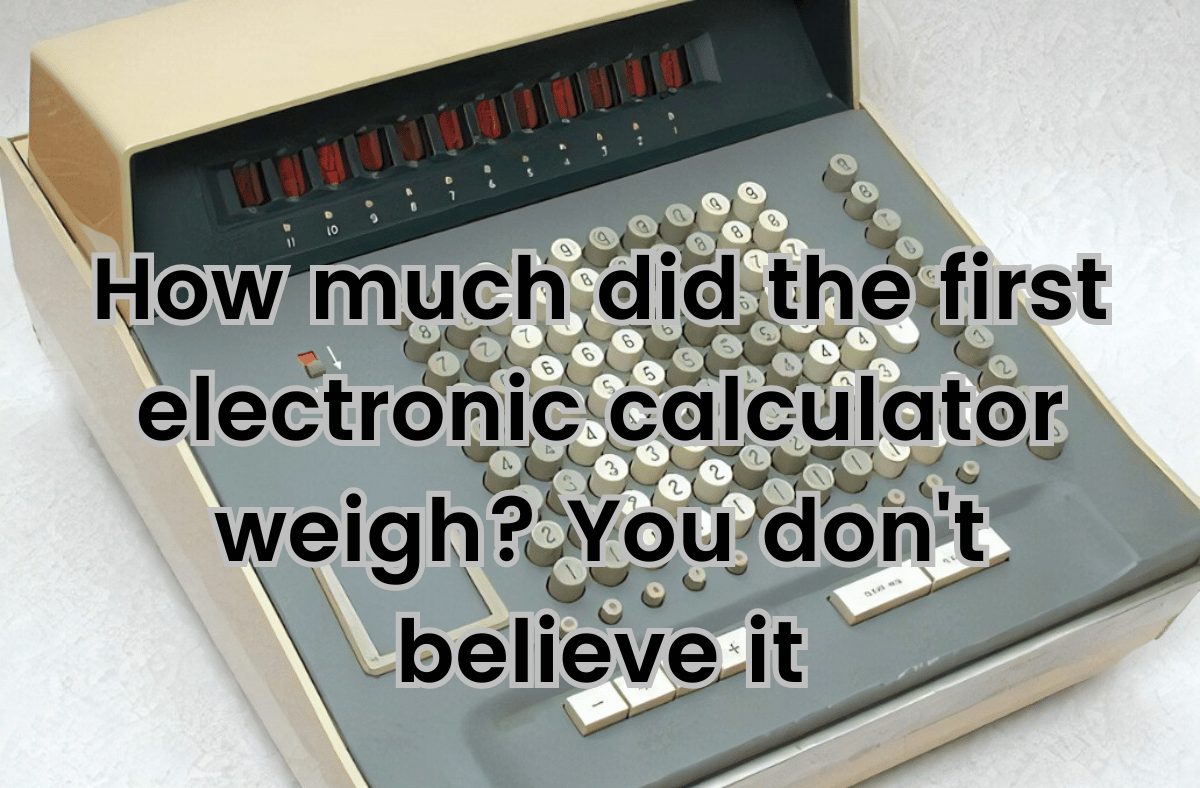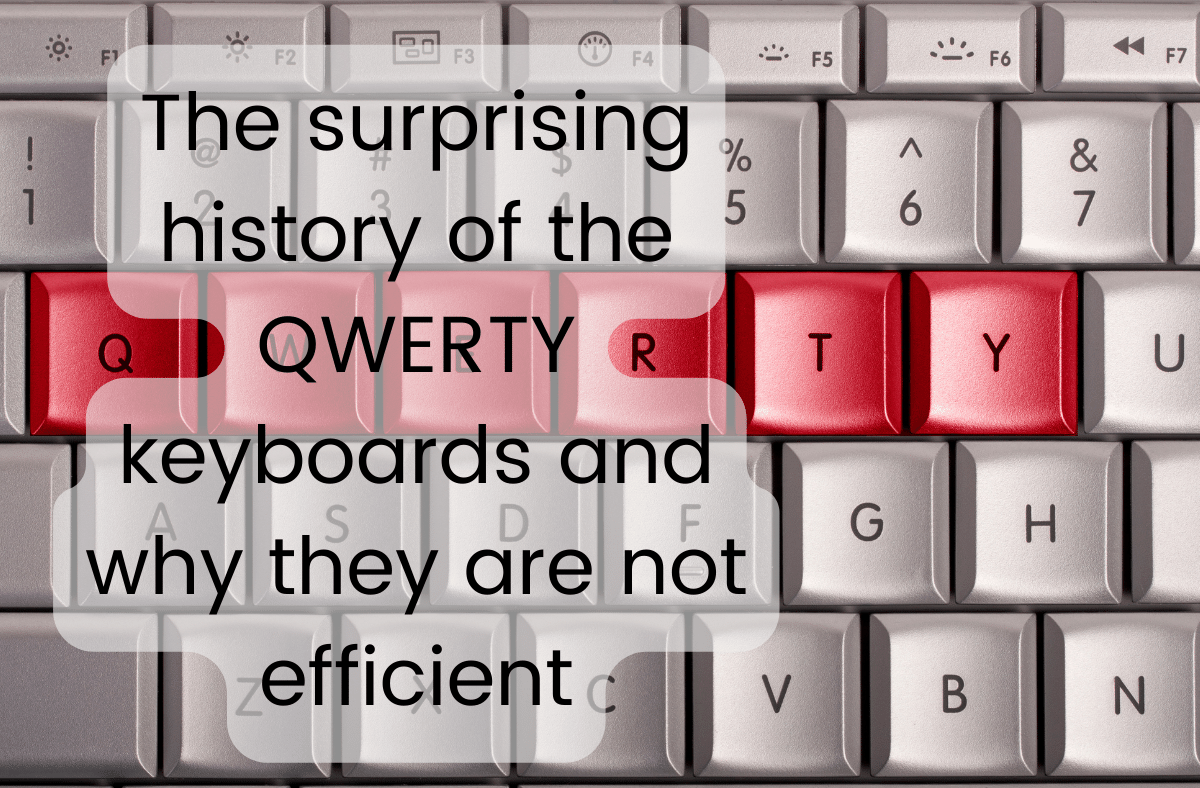For those in a hurry:
- The word “calculator” comes from the Latin word “calculus”, which means “small stone” or “pebble”.
- The Romans used pebbles to perform arithmetic operations on counting boards.
- The word “calculus” also gave rise to other terms related to mathematics, such as “calculate”, “calculation”, and “calculus”.
- The first electronic calculator was invented in the early 1960s, and the first pocket-sized device was developed in the 1970s.
The Meaning Behind “Calculator” and Its Ancient Roots
The Latin Origins: The word “calculator” finds its roots in the Latin word “calculus,” which translates to “small stone” or “pebble.” This ancient term, originally used to describe small stones used in counting and calculation, evolved over time to encompass the mathematical devices we know today.
The Rise of Ancient Mathematics
Ancient Numerical Systems: To truly understand the significance of the word “calculator,” we must journey back to the origins of mathematics. Ancient civilizations, such as the Egyptians and the Greeks, developed complex numerical systems and mathematical principles that laid the foundation for modern calculations.
The Abacus: The Ancient Calculator
A Powerful Tool: Long before electronic calculators, ancient civilizations devised ingenious methods for performing mathematical operations. The abacus, a counting tool consisting of beads or stones, played a crucial role in early calculation methods.
The Evolution to Mechanical Calculator
Advancements in Technology: As human civilization progressed, so did the methods of calculation. Mechanical calculators, such as the calculating machines developed during the Renaissance and the Industrial Revolution, demonstrated mankind’s ongoing quest for efficient and accurate mathematical tools.
The Digital Revolution: Calculators as We Know Them
Electronic Calculators: In the 20th century, electronic calculators revolutionized the way we perform calculations. From basic arithmetic to complex scientific functions, these handheld devices became a ubiquitous presence in offices, classrooms, and households around the world.
Conclusion
The word “calculator” carries a rich history rooted in the Latin word “calculus,” which symbolizes the early methods of counting and calculation. From ancient civilizations’ innovative techniques to the development of mechanical and electronic calculators, the word itself serves as a testament to humanity’s unyielding pursuit of mathematical precision. So, the next time you reach for your calculator, take a moment to appreciate the ancient origins of this small but powerful tool that has forever shaped the way we approach numbers and calculations.






















